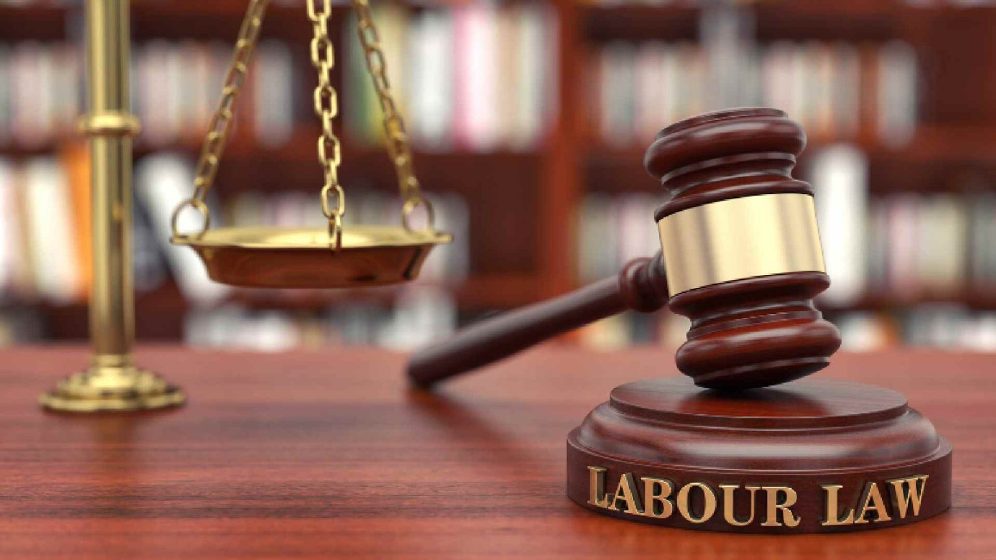KATHMANDU, Aug 26: The United Arab Emirates (UAE) has strengthened its reputation as a leader in labour rights and humanitarian support with two key initiatives this year: the creation of the Abu Dhabi Labour Prosecution and the granting of amnesty to more than 280 Nepali nationals.
The new labour prosecution office, announced by Sheikh Mansour bin Zayed Al Nahyan, Vice President, Deputy Prime Minister and Chairman of the Presidential Court, will operate under the Abu Dhabi Judicial Department. It will handle disputes and claims involving labourers and domestic workers, with the aim of speeding up legal processes and boosting confidence in the system.
Child labor situation in Nepal: challenges and ways forward

Officials said the move builds on the UAE’s recent reforms to protect millions of expatriate workers. Over the past decade, laws such as Federal Decree Law No. 33 of 2021 have set stricter standards against forced labour, harassment and unsafe working conditions. Employers are now required to provide safe workplaces, health insurance and proper housing, while employment contracts must be available in multiple languages to prevent exploitation.
According to the Embassy of UAE in Kathmandu, the UAE government has also introduced the Wage Protection System to ensure timely salary payments, an unemployment insurance scheme launched in 2023, and new end-of-service savings plans. For domestic workers, Federal Law No. 10 of 2017 guarantees written contracts, timely wages, rest periods, annual leave and protection from exploitative practices such as passport confiscation.
Authorities have paired these legal reforms with awareness campaigns and digital tools, including AI-based permits, grievance apps and multilingual hotlines. Heat-stress bans, shaded rest stations and health awareness drives have also been introduced to safeguard workers during peak summer months. Internationally, the UAE continues to work with the ILO, IOM and labor-sending countries through platforms such as the Abu Dhabi Dialogue.
Alongside these reforms, the UAE granted amnesty to more than 280 Nepali nationals this year. In April, during Ramadan and Eid al-Fitr, 166 Nepalis were pardoned following requests from the Nepali Embassy in Abu Dhabi. Another 120 detainees were released on Eid al-Adha in July. Nepal has welcomed the gesture, describing it as a sign of strong bilateral relations and humanitarian goodwill.
Labour experts say the two initiatives highlight the UAE’s dual approach of strengthening its legal framework for workers while extending humanitarian support to foreign nationals. This balanced approach of combining justice with humanitarian initiatives, they argue, is likely to deliver significant benefits to migrant workers, including those from Nepal.





































